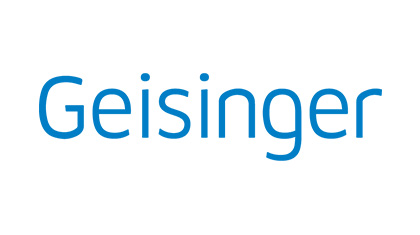
by Jon Darer, MD, MPH, Chief Innovation Officer for the Division of Clinical Innovation for Geisinger Health System
Recently, I attended a family caregiver summit in Washington, DC, sponsored by Kaiser Permanente, Booz Allen Hamilton, America’s Health Insurance Plans, Dana-Farber Cancer Institute, Intel-GE Care Innovations and UnitedHealthcare. The summit focused on an issue many of us have been thinking about for a long time: How can family caregivers be identified and integrated into the health care system — and what challenges and opportunities relate to such efforts?
Family caregivers provide 80% of all long-term care in this country. Day in and day out, they provide care to family members and loved ones of all ages living with chronic conditions and disabilities. Often, caregivers are not well trained or prepared for their roles. And while they may provide the bulk of care for a wide variety of people close to them, clinicians and care teams often do not seek out these individuals, even when they might actively join the care team.
These “unsung heroes,” who need help and support to continue to provide 24/7 care to their loved ones, are today gaining long-deserved attention. The Affordable Care Act calls for a more patient/family focused health care system. In a logical and relatively simple step, the recent report by the Commission on Long-term Care recommends identifying family caregivers in medical records. And some proposals for Meaningful Use (MU) Stage 3 call for offering family caregivers ready access to patient records.
At the meeting, attendees from the insurance industry, private foundations, consumer organizations, hospital systems, government, and health researchers examined how technologies might help develop systems that support communication and collaboration, thereby facilitating ways for caregivers to join the care team. We believe that OpenNotes might play an important role.
In a major effort supported by the Robert Wood Johnson Foundation, Geisinger Health System, in close collaboration with the Beth Israel Deaconess Medical Center in Boston and Harborview in Seattle, began in 2010 to explore the impact of increasing transparency with patients through secure online portals. Since then, the OpenNotes initiative that continues to evolve has growing impact, involving now close to 2,000,000 patients nationally. As a striking example, at Geisinger, where we started with 24 primary care doctors, more than 1100 providers now invite patients to review their visit notes electronically, affecting over 170,000 patients in central Pennsylvania.
In many clinical situations, the most important factor in achieving a successful outcome is the presence of an engaged, effective informal caregiver, and at Geisinger we are exploring how OpenNotes may help us to collaborate more closely with them. As a start, we will evaluate the impact of giving both patients and caregivers access to physician progress notes through our secure patient portal.
We are beginning with focus groups and surveys that teach us more about the perspectives of both patients and their caregivers. And then, once both have lived with OpenNotes for a while, we’ll see what we can learn from their experiences. Next, with the goal of improving the care we offer, we’ll explore in more depth how best to identify caregivers with the help of electronic health records. We’ll work to understand the intensity of caregiver services, to gauge the quality of the relationship between the caregiver and the patient, and we’ll begin also to assess caregiver stress. Overall, we need to learn from these new partners in care how best we can collaborate to achieve successful health outcomes.
We believe that by listening to and learning from both patients and the caregivers who support them, we can move closer to the goal of first class care for those we serve. The OpenNotes initiative has been a transformative experience for Geisinger, and we look forward to exploring further what the transparency it exemplifies can reveal.



